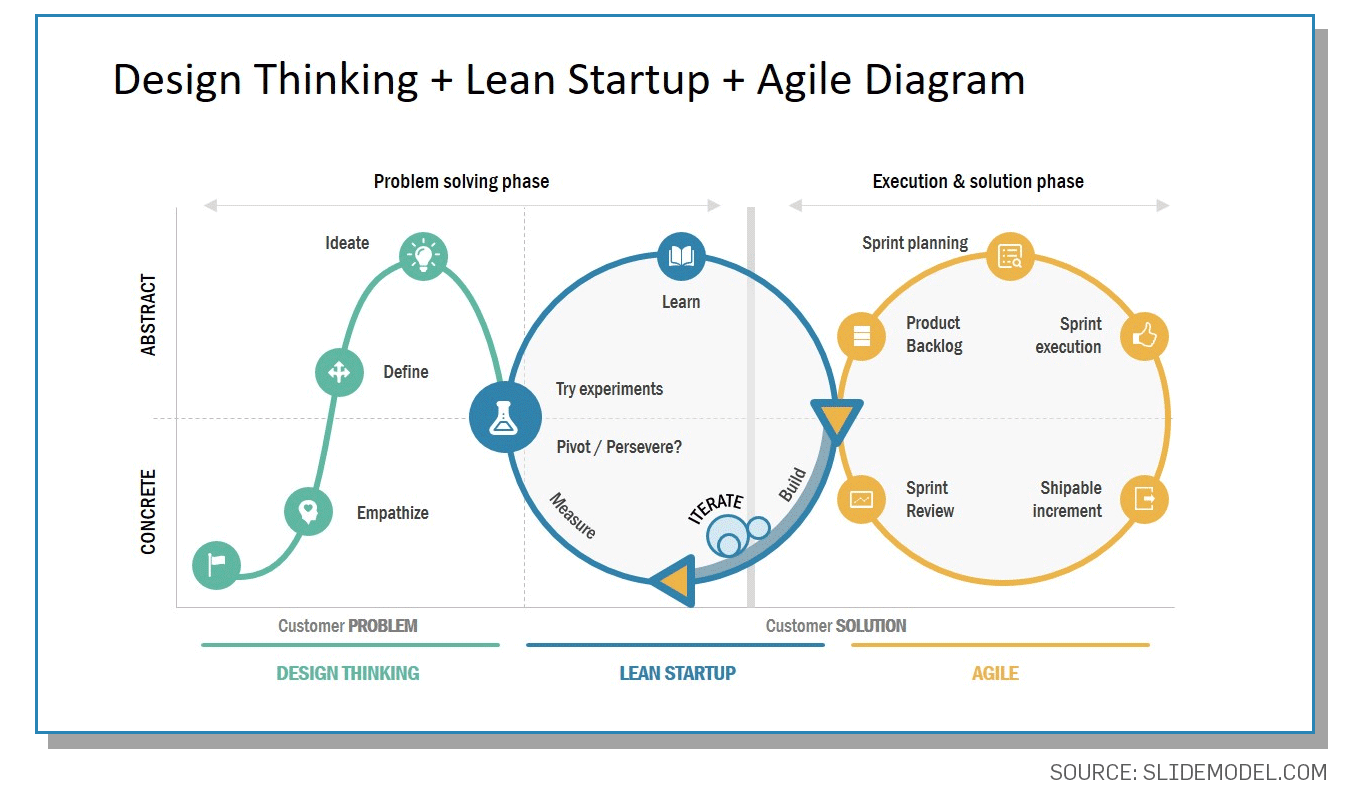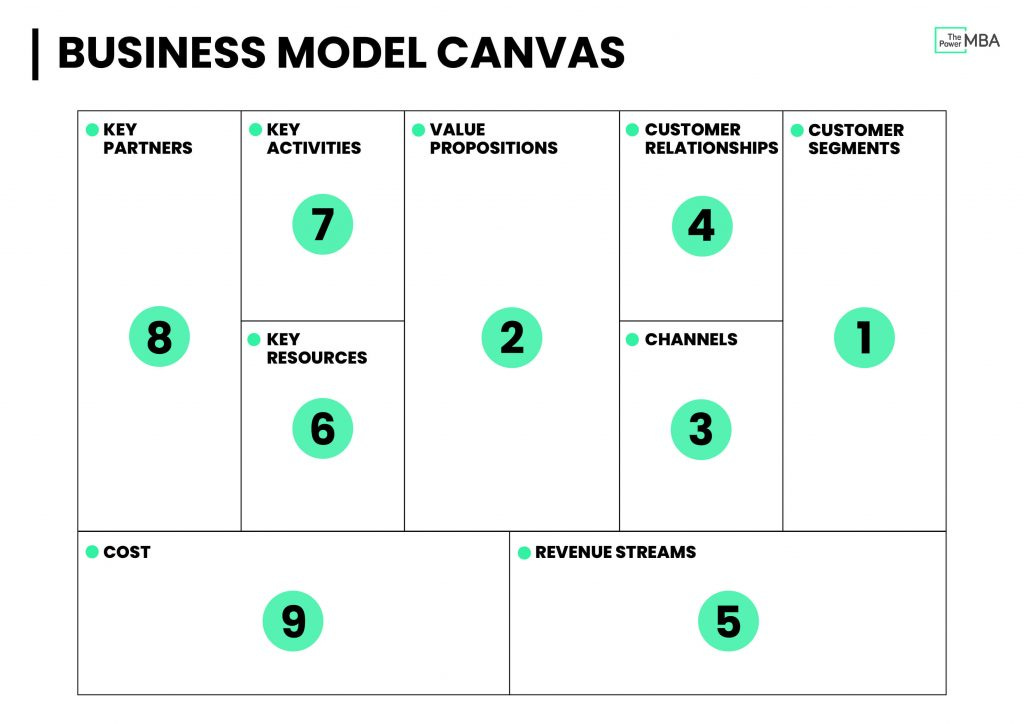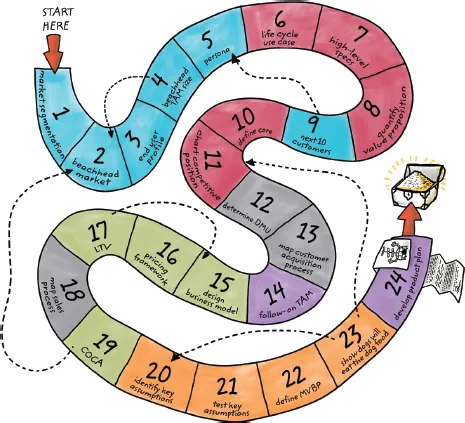by The Path to Product-Market Fit
Building a fast-growing company seems complicated. Fast-growing companies do so many things. So we feel like we need to do many things in order to grow fast and build something people want.
This seems right – and it’s supported by mélange of complicated, serious-sounding startup best practices that promise to guide founders like you to the promised land.
Here’s the problem with all of this: The processes that generate complex systems (aka: fast-growing companies) must be simple. They cannot be complicated, because the more complicated a process is, the more failure points it has. We see this in today’s dominant innovation processes:
- If you don’t do customer discovery just so, you wind up building something nobody wants.
- If you don’t design an experiment perfectly, you wind up learning nothing… or worse, “learning” something.
- If you don’t have the right frame for your market analysis, you wind up building the wrong product in the wrong market.
These errors compound and cause you to fail. Take a look at each of the following processes and frameworks, and ask yourself, “What happens if each step isn’t done perfectly?”
![STEP 24: Develop a Product Plan - Disciplined Entrepreneurship: 24 Steps to a Successful Startup [Book] STEP 24: Develop a Product Plan - Disciplined Entrepreneurship: 24 Steps to a Successful Startup [Book]](https://substackcdn.com/image/fetch/w_1456,c_limit,f_auto,q_auto:good,fl_progressive:steep/https%3A%2F%2Fsubstack-post-media.s3.amazonaws.com%2Fpublic%2Fimages%2F3688f72d-b87f-4374-a1fc-021087386bda_465x423.jpeg)


These frameworks and methodologies are helpful in some ways. But they aren’t focused on what really matters: How does the 0-1 process work?
If you follow any of the “best practices” as your 0-1 process, they will fill your mind with a million tasks that you think are important but aren’t, and give you a series of error-prone steps that all but guarantee you’ll fail.
So what’s the answer?
It’s simple. There’s just one process for the 0-1 stage that matters:
***Sell & deliver to figure out what (& how) to sell & deliver***
That’s it. That’s the process.
There are nuances, of course:
- How do you approach selling & delivering such that you learn fast? (Use a customer success story to repeat a customer success story | Focus on demand vs. supply.)
- How do you learn the right thing at the right time? (Focus on the most important thing, solve it, repeat.)
This should sound radical to the modern business mind: All businesses unfold through the simple process of serving customers (not from theory / blindly following steps / LARPy “research”). But it is, I believe, more true than any other line of thinking out there.
The generative process is simple, not because simple seems better, but because it must be simple. Complexity and nuance emerge from this generative process, they are not inputs to it.
I’ll leave you with one of my favorite Christopher Alexander quotes: “It was an uncomplicated making process, perhaps only sophisticated in its simplicity.”
-rob
